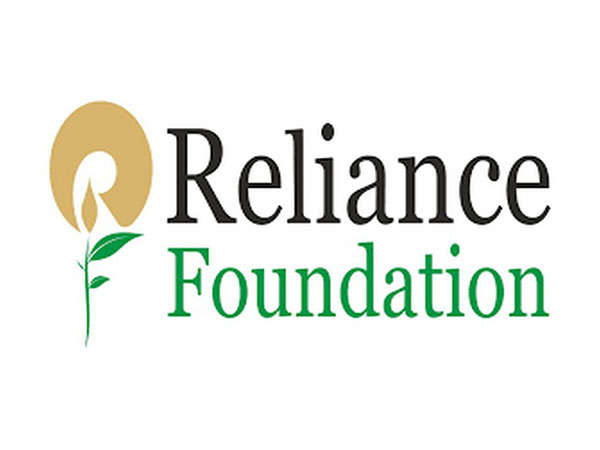Unveiling Gender Disparities in Tuberculosis: Indian Women at Risk
A study by H.N. Reliance Foundation Hospital reveals that women face significant challenges with tuberculosis (TB), especially in India. Despite optimal treatment, three Indian women succumbed to the disease due to severe forms, comorbidities, and delayed interventions. Addressing socioeconomic and gender-specific barriers is crucial for better TB outcomes.

- Country:
- India
A recent study by H.N. Reliance Foundation Hospital highlights the gender disparities in tuberculosis (TB) cases, particularly affecting women. The 2022 global data showed that out of 10.6 million people with TB, 5.8 million were men, while 3.5 million were women. However, despite fewer diagnoses, women are more susceptible to severe TB forms and TB-HIV co-infections, underscoring the gender-specific challenges they face.
The study analyzed cases of three Indian women, aged 31, 55, and 72, who died despite receiving optimal treatment for drug-sensitive TB. These women shared commonalities such as low body mass index (BMI), immunocompromised conditions, and delayed diagnoses, which were exacerbated by factors like stigma, comorbidities, and limited resources. The report emphasizes the need for focused interventions addressing these issues.
The research calls for early case detection and the prompt initiation of treatment. It stresses targeting socioeconomic determinants and overcoming gender-specific obstacles to improve healthcare outcomes. Prioritizing personal health is essential for reducing the TB burden, the study concludes. Such measures could lead to better treatment results and a decreased number of TB cases among women.
(With inputs from agencies.)
- READ MORE ON:
- tuberculosis
- TB
- women
- gender disparities
- India
- public health
- study
- interventions
- diagnosis
- treatment
ALSO READ
BNP Paribas Extends Title Sponsorship of Indian Wells Tennis Tournament
India Denounces Pakistan's Kashmir Claims at UN
Mirra Andreeva: Teen Sensation Shakes Indian Wells
Lakshya Sen's Quarter-Final Exit: Indian Hopes Dwindle at All-England Open 2025
AI-driven vaccine hesitancy solutions: How generative agents shape public health policies










